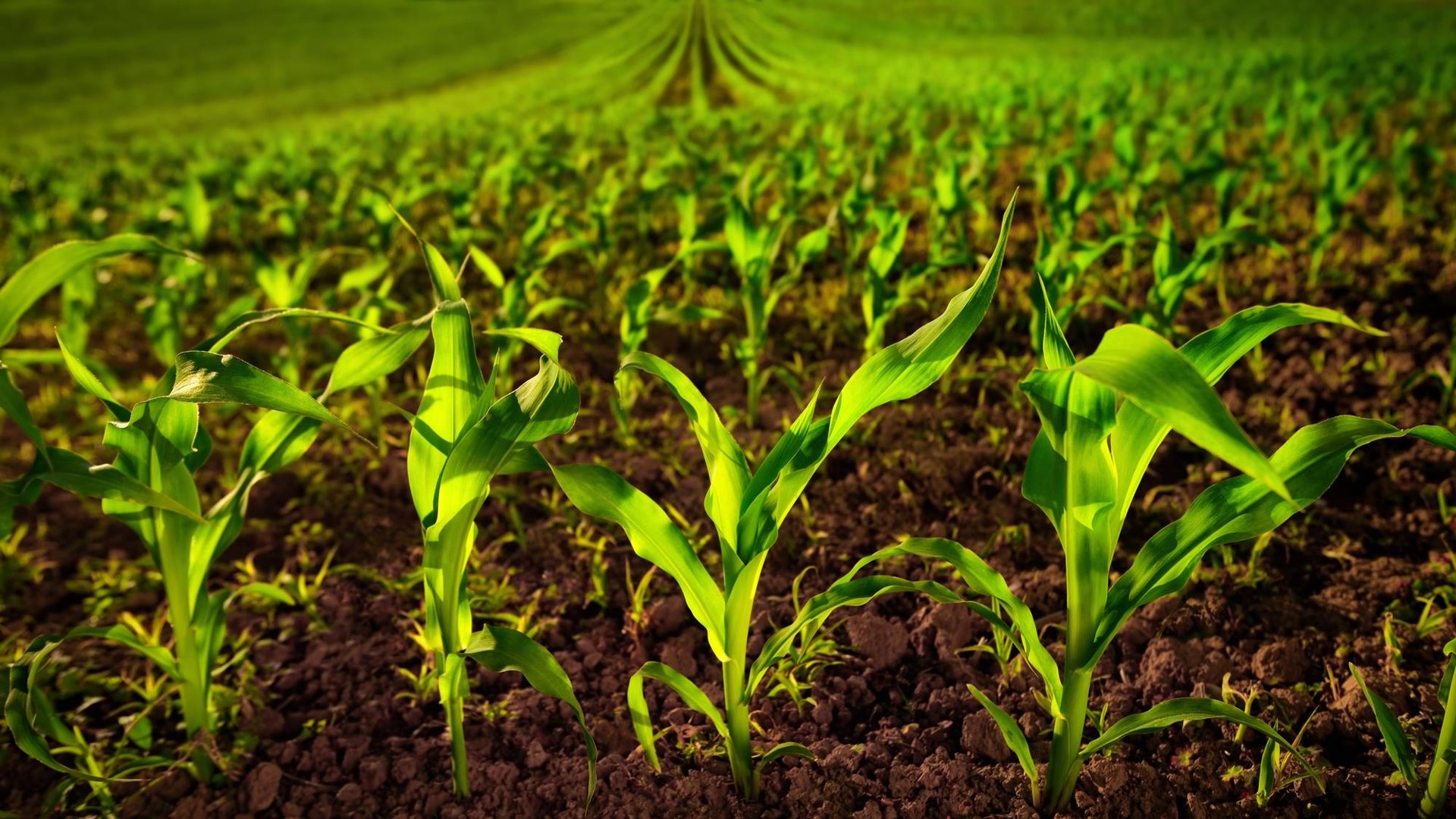November 27, 2025 | 20:50 GMT +7
November 27, 2025 | 20:50 GMT +7
Hotline: 0913.378.918
November 27, 2025 | 20:50 GMT +7
Hotline: 0913.378.918
This would mean light or no regulation for gene-edited crops with DNA changes that could have occurred in nature.

The draft also recommends that some leeway be given to gene-edited plants that could contribute to more sustainable agriculture, with labels potentially introduced to inform consumers.
The commission had previously concluded in 2021 that current EU legislation for new genomic techniques (NGTs) is not fit for purpose. Such techniques could reduce the use of pesticides on crops, allow crops to be better adapted for warmer climates or generate plants more resistant to pests and diseases.
EU regulations currently demand that plants with changes introduced by Crispr gene editing go through an onerous and expensive approval process. This places them on a par with genetically modified organisms (GMOs), which can contain genes introduced from entirely different organisms – transgenes.
This followed a ruling by the European Court of Justice in July 2018 that gene edited crops are subject to the same 2001 regulations as GMOs. The decision set the EU apart globally and was criticised by many plant scientists for hamstringing crop biotech. Many environmental organisations support the 2018 position, however.
In a leaked document, the commission recommends substantial changes in regulating plants obtained by targeted mutagenesis when the changes could be achieved through conventional breeding.
‘Such plants would be treated similarly to conventional plants and would not require authorisation, risk assessment, traceability and labelling as GMOs,’ according to the document. A transparency register would be set up for these plants.
The draft also recommends that some leeway be given to gene-edited plants that could contribute to more sustainable agriculture, with labels potentially introduced to inform consumers.
The draft document emphasised that NGTs do not introduce genetic material from a non-crossable species, which is what happens with GMOs, and referenced the conclusion of the European Food Safety Authority that there are no new hazards linked to targeted mutagenesis compared with conventional breeding.
Plant scientist Agnes Ricroch at the University of Paris-Saclay and French Academy of Agriculture in France, welcomed the proposal, pointing to the Russian invasion of Ukraine and its impact on food supply in Europe, as well as the need to adapt crops for new climate conditions. ‘We need to increase yields for wheat, corn, rapeseed, sunflower,’ she says. ‘NGTs can accelerate the process of breeding, though it will still take time.’
She notes that climate change is bringing new pests and diseases into Europe and farmers will need new crop varieties. She adds that the proposals would encourage plant scientists to innovate and perhaps launch biotech start-up companies.
‘This is a great step by the European Union,’ says Jon Entine, director of the Genetic Literacy Project, which published the leaked draft. ‘This document suggests that we’re going to put the issue back in the hands of farmers and scientist.’ He adds that this doesn’t mean that ideology and politics won’t have a role in shaping regulations, but ‘for the first time it will mean that Europe will not be a scientific laggard on these issues’.
Many NGOs have expressed opposition to the proposals in the draft document, nonetheless. ‘The assumption the commission makes that new GMOs would lead to more sustainability are based on industry’s claims, instead of real evidence,’ said Nina Holland, a researcher at Corporate Europe Observatory, in a media release. ‘Since NGT seeds will be patented, this will erode farmers’ rights, and it will lead to a further monopolisation of the already highly concentrated seed market.’
Plant scientist Sjef Smeekens at Utrech University, the Netherlands, warns the EU will import gene-edited foodstuffs from elsewhere and no one will know, since countries such as the US, Japan and Canada allow them without registration. ‘If we in the EU opt out of this system, then it will have severe consequences for our breeding industry and academic research in plant science,’ he adds.
The proposal is expected to be published on 5 July. It must go before the European parliament and the Council of Ministers that represents each of the 27 EU member states. ‘This legal position if accepted must operate in all EU countries. If a country like France or Germany really objects, then this is dead,’ says Smeekens.
The UK introduced a new law earlier this year to permit some gene editing of crops or livestock.
(chemistryworld)

(VAN) A new study reveals how the simultaneous effects of ocean acidification, salinity and loss of oxygen are making the world more fragile.

(VAN) Hopes are growing that the creation of the first 3D turkey gut model could be a turning point in the battle against the virulent blackhead disease.

(VAN) Tyson, America’s biggest meat supplier, plans to shutter one of its largest beef processing plants as the industry continues to struggle with low cattle supplies and political pressure from Washington.

(VAN) New FAO study shows how digital solutions are empowering farmers and fishers to prevent losses and build resilient agrifood systems.

(VAN) Brazil's COP30 presidency pushed through a compromise climate deal on Saturday that would boost finance for poor nations coping with global warming but that omitted any mention of the fossil fuels driving it.

(VAN) Poultry farmers in the UK have been warned that they could face one of the worst winters yet for bird flu.

(VAN) Prices of main-crop paddy have risen sharply, with jasmine rice hitting 16,100 baht per tonne — the highest level in years.